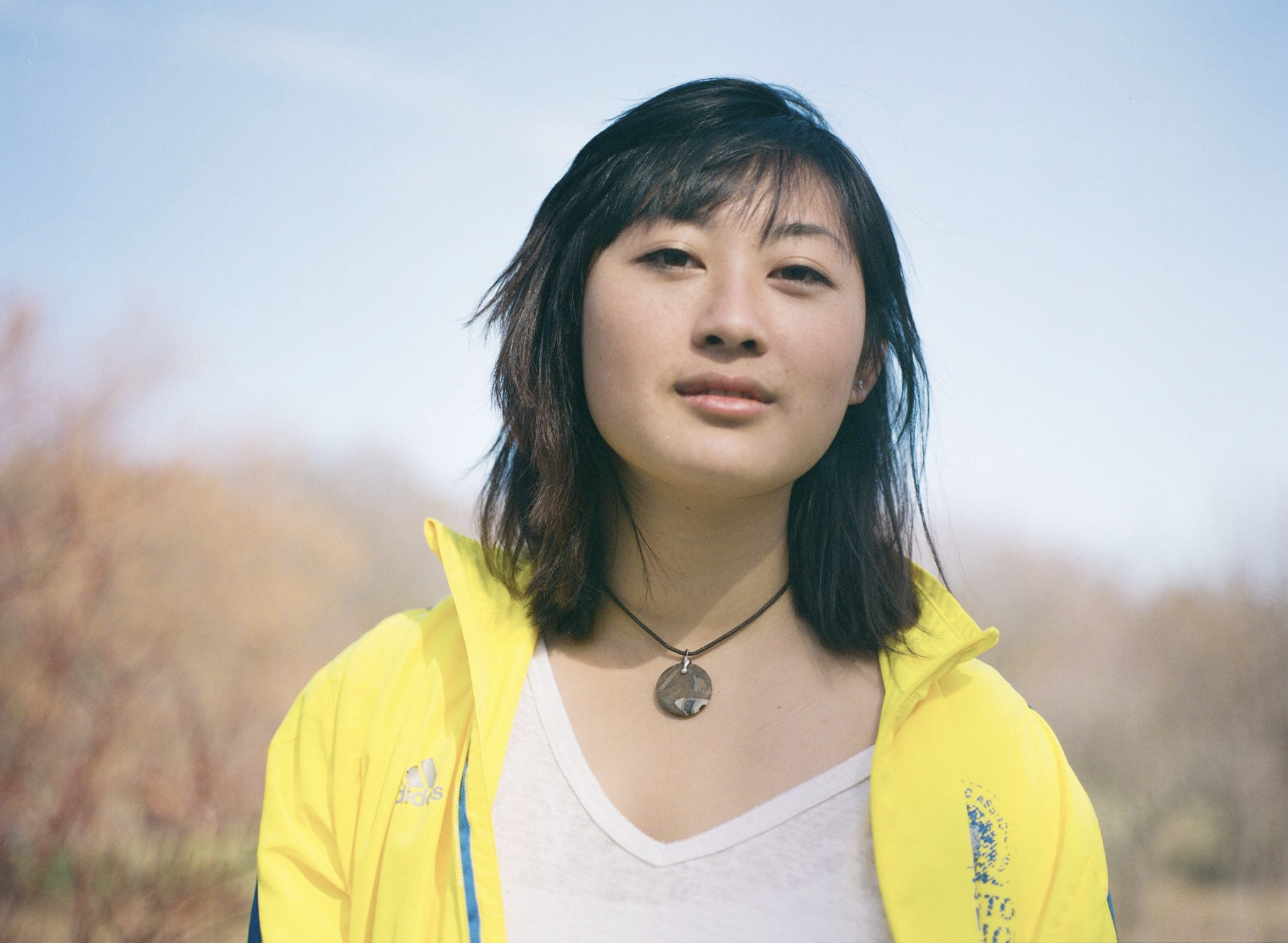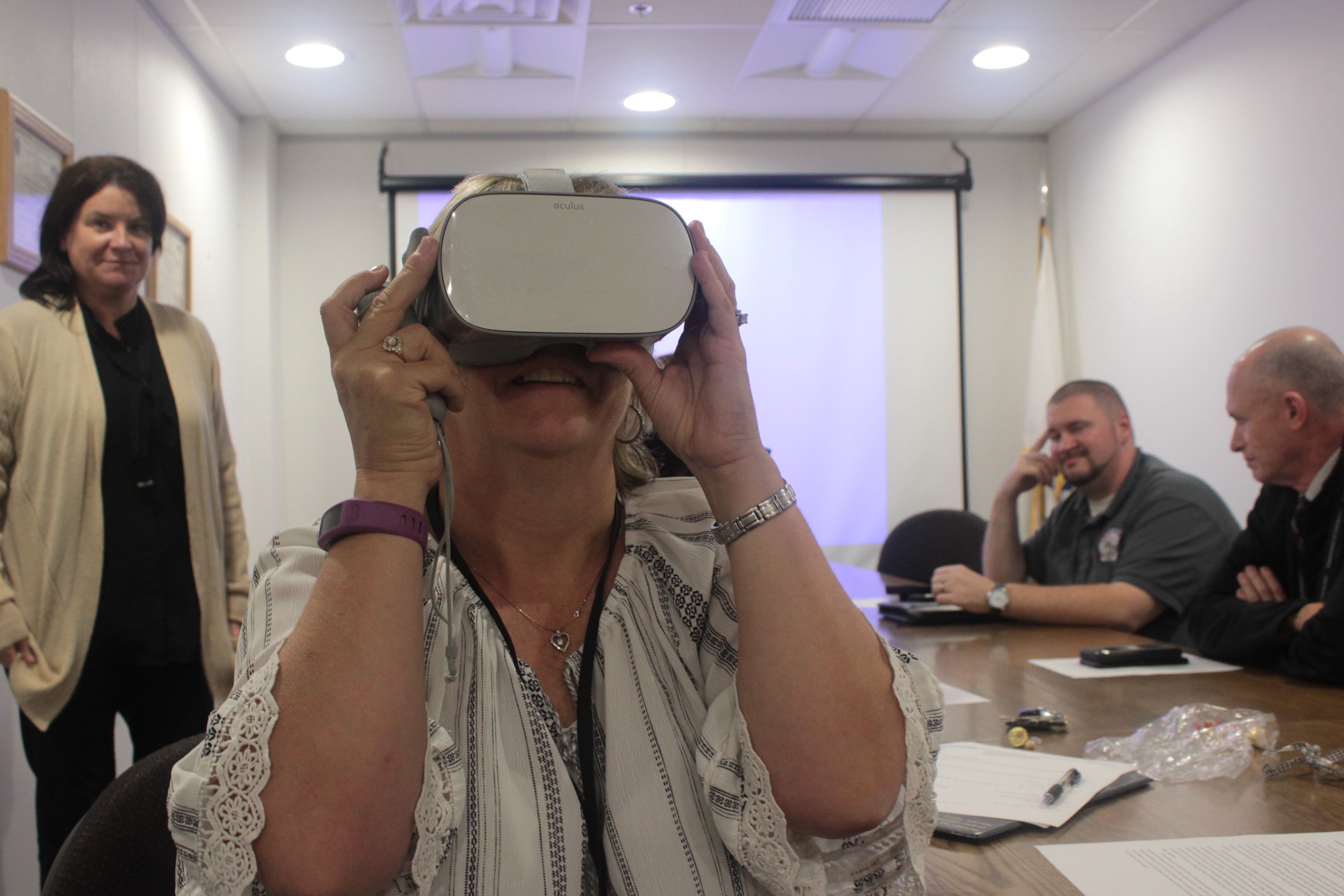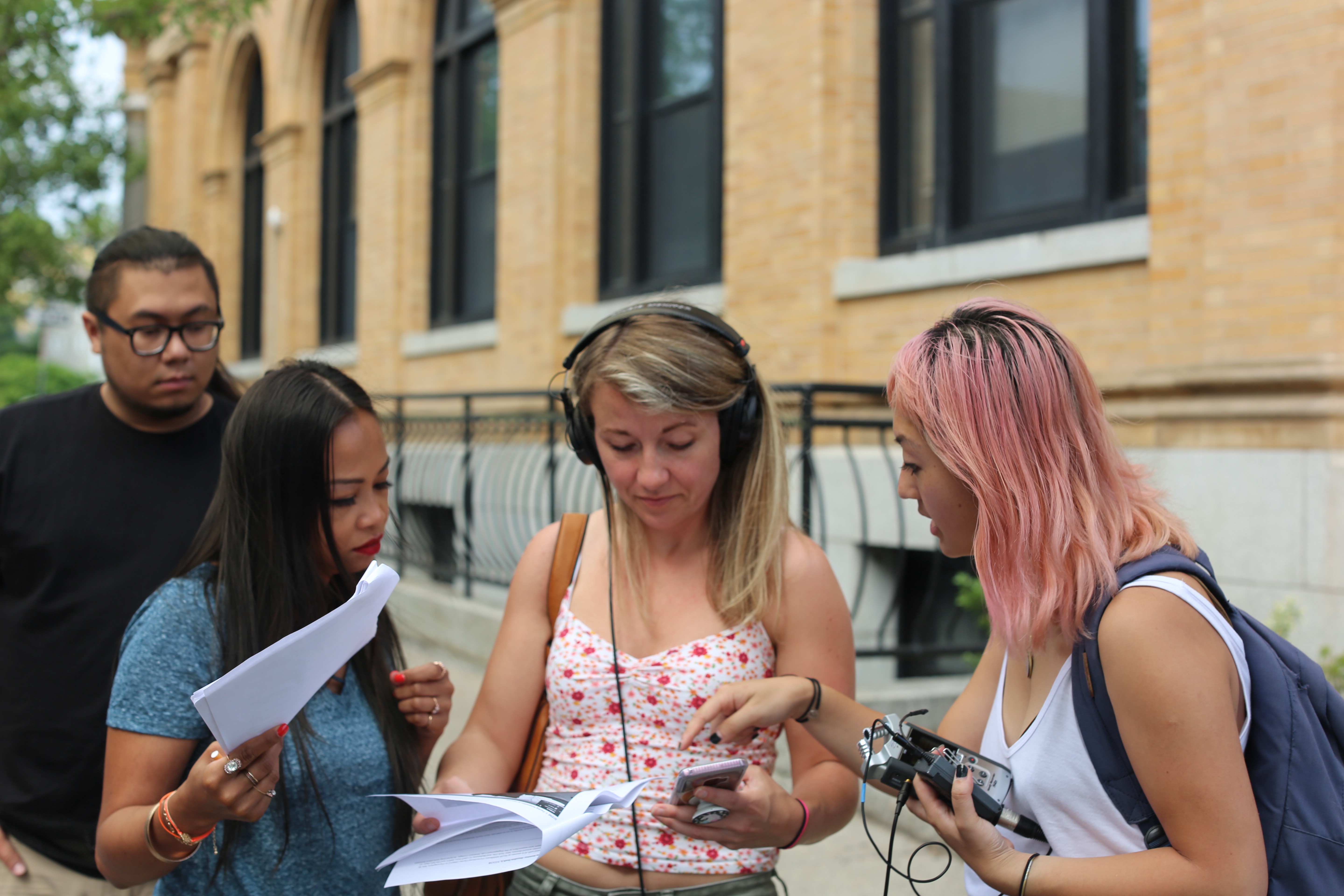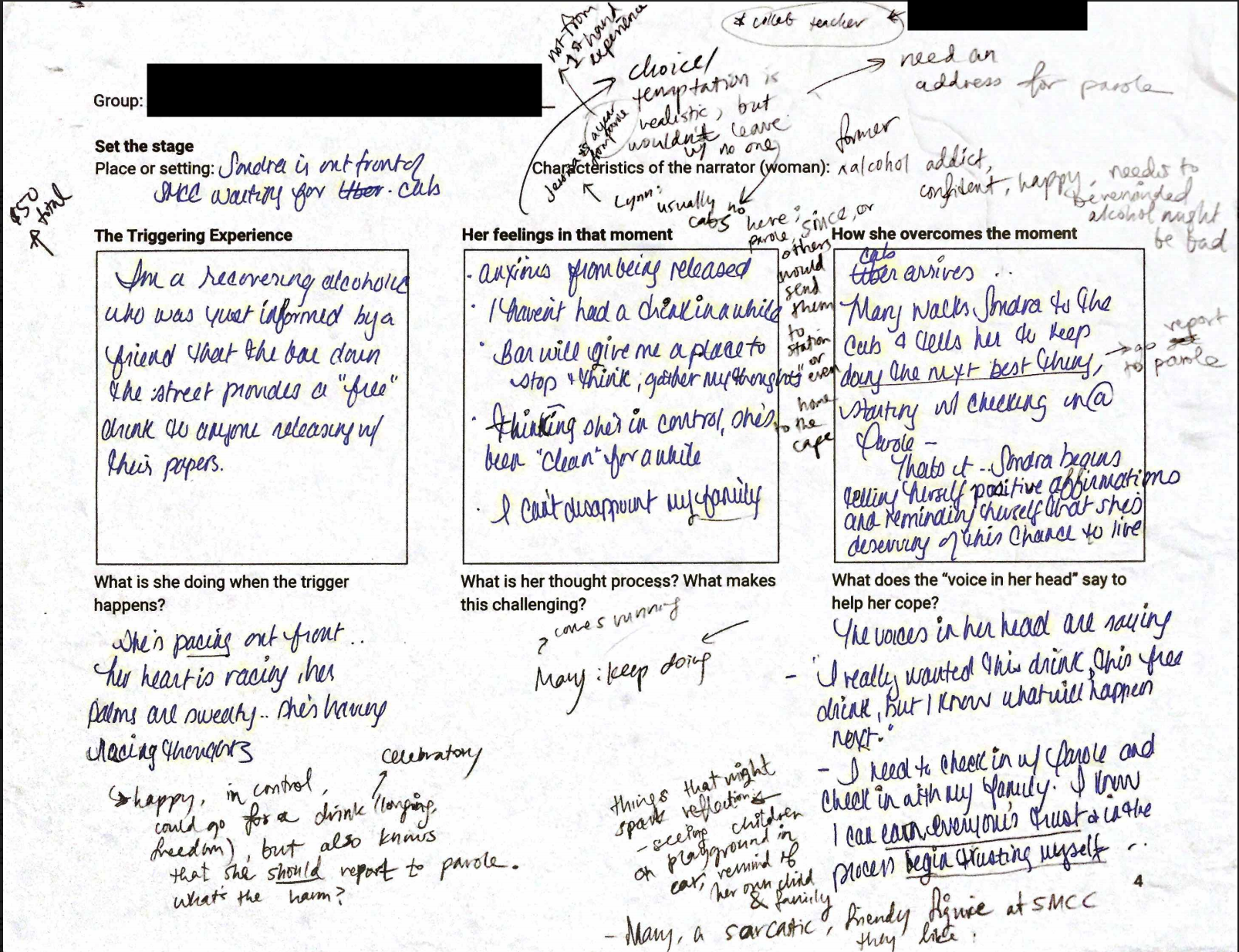Melissa Teng ’18 to Receive Emerson College President’s Award for Participatory VR Project
Monday, May 6, 2019

The President’s Award is given to one graduating student who has reached the highest level of academic achievement in graduate programs at Emerson College, and who has completed a distinguished work of significance during their time here. This year, Emerson College will recognize Civic Media: Art & Practice graduate Melissa Teng for her thesis project “Back To Reality: Participatory Design of a Virtual Reality Training Program for Reentry with Incarcerated and Formerly Incarcerated Women.” We sat down with Melissa to talk with her about her project, and how it feels to be recognized for this achievement.

Melissa Teng’s award-winning thesis work, which has since been renamed Covr, began as a participatory design project, but over time has transitioned into what Melissa now embraces as a social justice initiative. The initiative began in 2018 as Melissa’s research design thesis, in partnership with the Massachusetts Department of Correction (DOC) for the minimum-security/pre-release women’s prison South Middlesex Correctional Center (SMCC).
“The original project basically covered the production of a series of virtual reality videos that were created using participatory methods,” Melissa told us. “The videos were designed to be part of a reentry program for help women transitioning out of prison to better deal with some of the emotional and psychological challenges of re-entering the community.”
Since then, the project has grown to encompass much more. “Now the VR content is just a beginning to a conversation about the larger project.”
This project was uncharted territory for Melissa when she began. “I didn’t know much about criminal justice or VR beyond surface level,” she recalls. Managing expectations, becoming educated about mass incarceration, and learning about VR at the same time proved a challenging collection of tasks.
“We [Melissa and her advisor, Eric Gordon] got a tour of South Middlesex Correctional Center, and then I just started working and learning as I went. [At that time,] I was just trying to get my bearings and make sure that I was doing something that would be helpful to the women inside South Middlesex.”
Melissa recognizes the moment when she was able to share the 360-video prototype in the actual VR headset as a turning point for the project. “After our editor [alumnus and VR filmographer Barry Pousman] layered the voice overs into the 360 videos and exported the first drafts, that’s when things really started to change, because that’s when people who actually work with formerly incarcerated folks saw the project’s potential and we started to get their buy-in and feedback.”
Before then, it had been challenging to express the value that VR was capable of creating as a new technology, but “as soon as we had a demo in hand,” Melissa recalled, “I could give a brief introduction, and then let the prototype speak for itself. People would be like, ‘OK, I see the value of this, and not only that, but I see and hear how this includes the actual voices of people who have lived this experience, and I want to connect you to X and Y.’”

Initially, Melissa did not see Covr as a social justice-oriented project. “Now I feel like we have a pretty dedicated and wide-ranging community of people around the project, including individual returning citizens as well as reentry and recovery organizations,” she says.
“These days, it’s these people who push me to continue this work, because they see the social impact we can make. It’s mostly because of this community that now I feel like I’m much more comfortable positioning this as a social justice project.”
Melissa understands that, as a designer, she must at some point move away from any project so that it can be turned over to the people for whom it was made. “We created these immersive short stories about these emotional challenges. Is there a way we can replicate this: improve our process of creating that media and teach that to others, specifically returning citizens, so that they can own the production of this VR media?” Melissa says.
“I’ve also been talking with people who specialize in peer-supported mental health recovery about the actual facilitation aspect, or what happens before you put the headset on and what happens after you take it off. Once we figure out a good model of facilitating these VR recovery groups, can we share those skills with returning citizens so that they can also lead the facilitation aspect of this process?

“Where we’re at currently with this project is thinking about it in two parts: first, it’s a peer-supported VR-aided recovery experience drawing on restorative justice and behavioral science practices, and second, it’s a way for returning citizens to build hopefully marketable skills in media production and facilitation and serve as mentors for their peers, with the goal of helping with their future employment.”
Covr is currently being piloted at South Middlesex Correctional Center with the MA DOC, and there’s interest in scaling the program statewide if the pilot proves effective. Planning is also underway for a community-based program, wherein more VR media will be created with other populations, including men and juveniles, in partnership with the City of Boston’s Office of Returning Citizens and local nonprofits.
Looking forward, Melissa says one path is to start a company that creates meaningful, paying work and leadership roles for returning citizens. She hopes to build out the social infrastructure of this project and work with the broader community tackling reentry and prisoner rights.
“It’s very humbling [to receive this recognition],” says Melissa, “I always feel uncomfortable taking any kind of credit for this project, because it’s not about me. Rewards systems are not designed to reward everyone involved in a project, even though everyone’s contributions are really important. I think a lot about the women I worked with at SMCC, whom I can’t legally contact after they’re released. They’re living their lives and probably don’t know how far their work is going or how much it might, hopefully, create opportunities for others.”
Melissa hopes that the President’s Award recognizing her project will bring to light the importance of authentic, community-engaged work at academic institutions and will help to stimulate more community-driven, interdisciplinary work at Emerson College.
Melissa will be recognized for this achievement at Commencement on Sunday, May 12. You can learn more about more about Melissa and her work on her website.